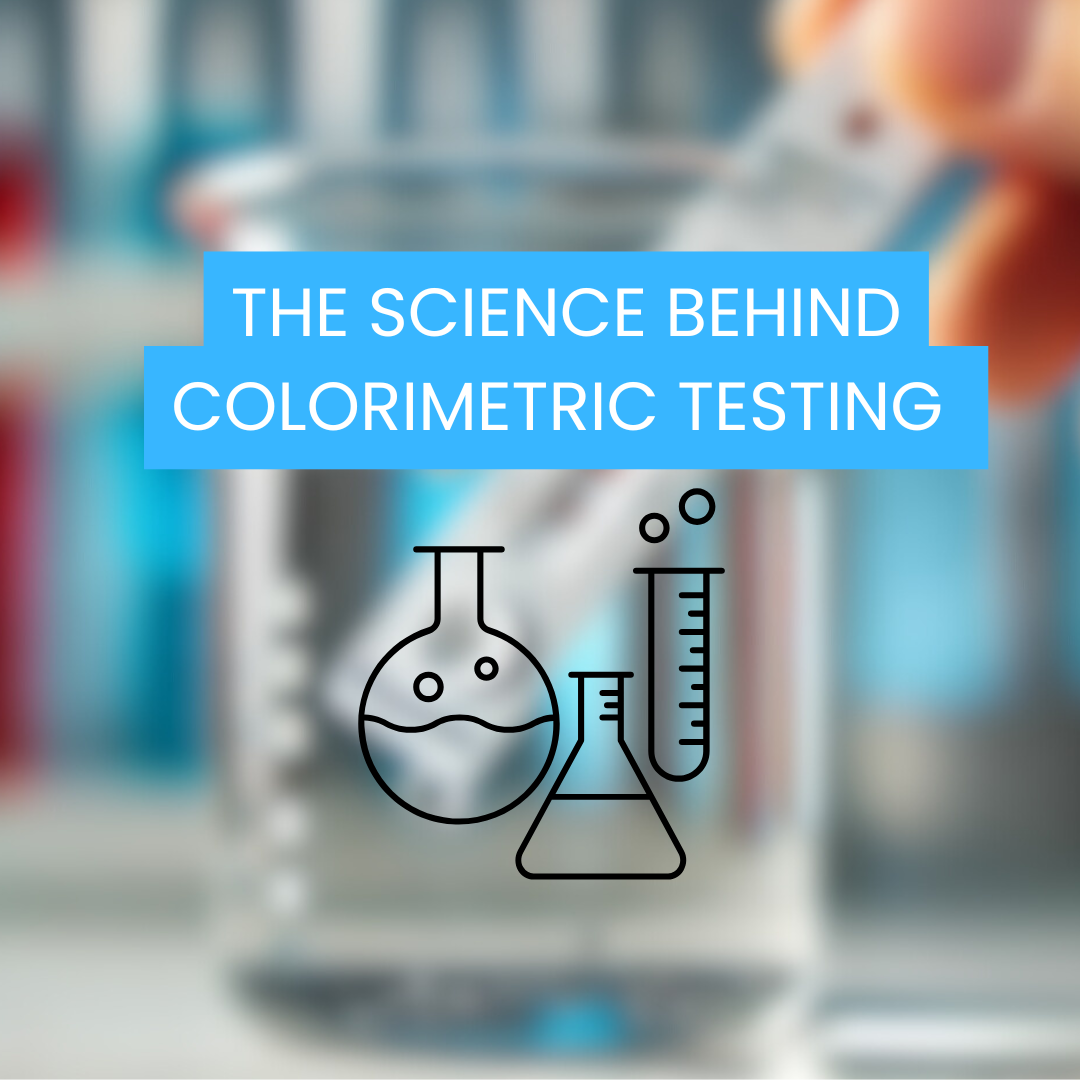Molybdate test strips are an essential tool for industries and individuals who need to monitor corrosion inhibitors in water systems. The ability to quickly and accurately measure molybdate levels helps ensure the proper function of closed-loop heating systems, cooling towers, and industrial boilers. One of the most effective methods for molybdate detection is colorimetric testing, a process that uses color changes to indicate the presence and concentration of a substance in a sample.
What is colorimetric testing?
Colorimetric testing is a widely used analytical technique in chemistry that relies on color change to detect and quantify substances in a liquid sample. This method is based on the principle that certain chemicals react with target substances to form compounds that exhibit distinct colors. By comparing the color intensity of the sample with a standardized color chart, users can determine the concentration of the analyte, in this case, molybdate.
How do Molybdate Test Strips work?
Molybdate test strips, such as those offered by ReDiant®, utilize a reagent-impregnated pad that reacts specifically with molybdate ions in water. When the strip is dipped into a water sample, the molybdate present in the solution interacts with the reagents, producing a color change. The resulting hue correlates with the concentration of molybdate in the sample, allowing users to estimate the level by matching it to a provided color reference chart.
The effectiveness of ReDiant® molybdate test strips lies in their precise formulation. The reagent coating is designed to ensure consistent reactions, minimizing variability and increasing test reliability. This makes them ideal for both professional and personal use in monitoring molybdate levels.
Advantages of colorimetric testing for Molybdate
Colorimetric testing with molybdate test strips offers several benefits, making it an attractive option for field and laboratory use:
• Simplicity: No advanced training or specialized equipment is required.
• Speed: Results are obtained within minutes, allowing for quick decision-making.
• Cost-effectiveness: Compared to laboratory-based methods, test strips are an affordable alternative.
• Portability: Molybdate test strips are easy to transport and store, making them ideal for on-site testing.
• Accuracy and reliability: High-quality test strips, such as ReDiant® molybdate test strips, provide consistent and reproducible results.
Applications of Molybdate Test Strips
Molybdate test strips are widely used across various industries where corrosion prevention is critical. Some key applications include:
• Heating and cooling systems: Monitoring molybdate levels in closed-loop water systems ensures adequate corrosion protection.
• Industrial water treatment: Facilities that use water-based cooling or heating processes rely on molybdate inhibitors to extend equipment lifespan.
• Laboratory research: Molybdate testing is used in various scientific studies involving metal corrosion and inhibitor performance.
Why choose ReDiant® Molybdate Test Strips?
ReDiant® molybdate test strips stand out due to their high sensitivity, ease of use, and precise color calibration. They are designed for both professionals and everyday users who need a reliable and quick solution for monitoring molybdate levels. Whether in industrial settings or household applications, these test strips provide an indispensable tool for maintaining water quality and protecting metal components from corrosion.


